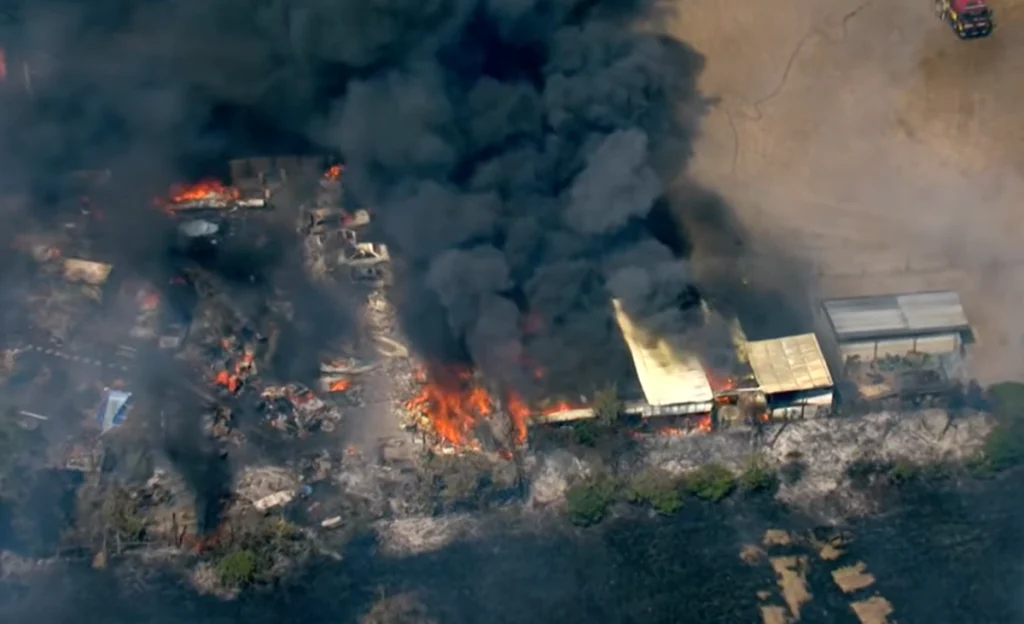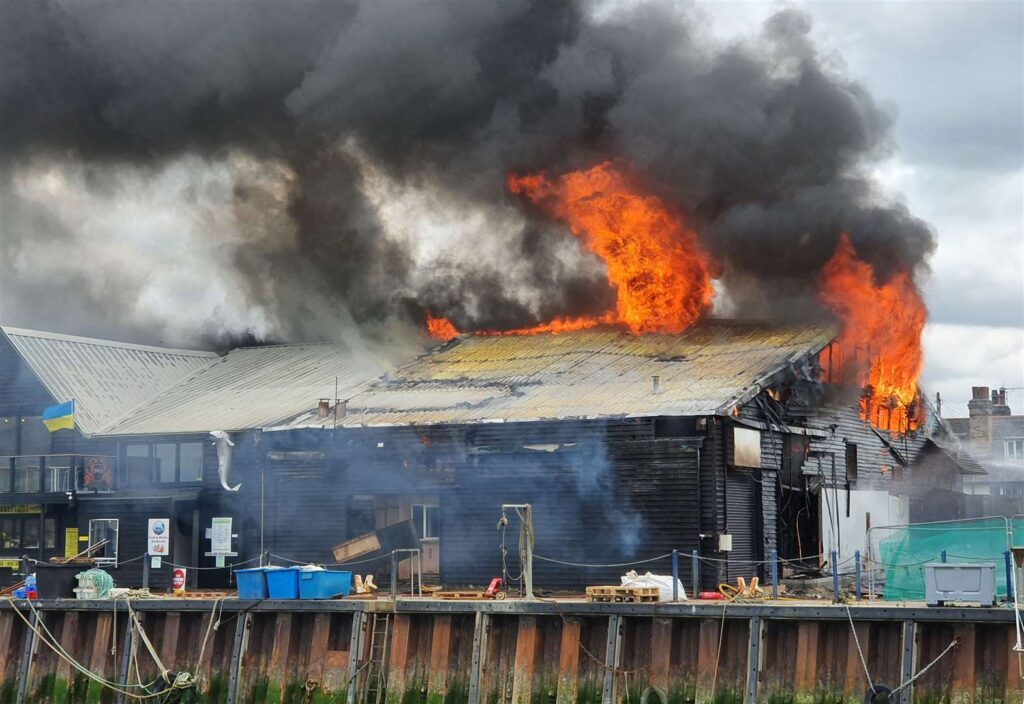As companies rely heavily on data for their operations, customer information, and intellectual property, it is crucial to invest in IT technologies that can mitigate the risks of data loss due to climate change. In this blog, we will explore the best IT technologies that businesses can invest in to combat data loss risks from climate change.
Understanding the Risks of Data Loss from Climate Change
The first step in mitigating data loss risks from climate change is to understand the potential threats. Flooding, which is particularly common in coastal areas such as Kent, can cause severe damage to IT infrastructure, resulting in data loss. Floodwater can damage servers, networking equipment, and other critical components of an IT system, leading to downtime and loss of data.
Additionally, with the UK reaching a record high temperature of 40.3ºC in 2022, there is a higher risk of electrical equipment overheating and a higher risk of wildfires, as was the case in Dartford last year when several wildfires broke out along the A2.
Cloud-Based Data Storage and Backup Solutions
Cloud-based data storage and backup solutions are essential for businesses looking to combat data loss risks from climate change. Cloud storage allows businesses to store their data remotely in secure data centers that are typically located in geographically diverse areas, away from flood-prone regions. This ensures that data remains safe even in the event of flooding on the business premises.
Cloud backup solutions also provide an additional layer of protection by automatically backing up data to remote servers at regular intervals. This ensures that businesses can quickly restore their data in case of data loss due to flooding or other disasters. Cloud-based data storage and backup solutions also offer scalability, allowing businesses to easily expand their storage capacity as their data needs grow.
Virtualization and Disaster Recovery Planning
Virtualization is another key IT technology that can help businesses combat loss of data due to climate change. Virtualization allows businesses to create virtual copies of their servers, applications, and data, which can be stored offsite in a secure location. This ensures that critical business data remains safe even in the event of physical damage to the business premises due to flooding or other disasters.
Disaster recovery planning is also crucial for businesses to combat data loss risks from climate change. It involves developing a comprehensive plan to ensure business continuity in the event of a disaster, such as flooding. This plan includes steps to identify critical data and systems, establish backup and recovery procedures, and conduct regular tests to ensure the effectiveness of the plan. By having a well-defined disaster recovery plan in place, businesses can minimize the impact of data loss due to climate change.
Data Encryption and Security Measures
Data encryption and security measures are essential to protect against data loss risks from climate change. Encryption ensures that data is scrambled and unreadable to unauthorized users, providing an additional layer of protection against data breaches or theft. Businesses should implement encryption measures for data both in transit and at rest, including data stored in the cloud.
In addition to encryption, businesses should also implement robust security measures, such as firewalls, intrusion detection systems, and access controls, to prevent unauthorized access to their IT systems. Regular security audits should be conducted to identify and address potential vulnerabilities in the IT infrastructure. By prioritizing data security, businesses can mitigate the risks of data loss from climate change.
Climate-Controlled Data Centres
Investing in climate-controlled data centers is another effective IT technology to combat data loss risks from climate change. Climate-controlled data centers are designed to withstand extreme weather conditions, including flooding and avoid fires like this one in Whitstable last year that burnt down a whole restaurant and fish market. They are equipped with advanced environmental monitoring and control systems, such as temperature and humidity sensors, backup power supplies, and redundant cooling systems, to ensure the optimal operating conditions for IT infrastructure.
Worried about Data Loss within your business?
We can help mitigate the risk of Data Loss for your Kent Business.


